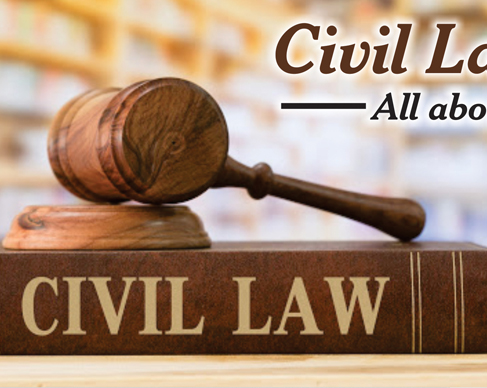
All Civil Matters law is a fundamental component of any legal system and covers diverse areas, including contract disputes, property matters, family law, personal injury claims, employment disputes, and more. These cases are resolved through civil litigation, where parties engage in a legal process to seek resolution.
Legal Remedies: Civil cases aim to provide remedies for wrongs or disputes between parties. These remedies may include financial compensation, injunctions, specific performance, or declaratory judgments.
Due Process: The legal process in civil matters is governed by principles of due process, ensuring that all parties receive a fair and impartial hearing.
Legal Representation: Parties involved in civil matters may choose to be represented by legal counsel who can advocate for their interests and navigate the legal procedures.
Resolution Methods: Civil cases may be resolved through negotiation, mediation, arbitration, or litigation, with litigation being the most formalized and often involving court proceedings.
Judicial Decisions: In many cases, a judge or jury delivers a verdict, deciding the outcome of the dispute based on the evidence presented and applicable laws.
Enforcement of Judgments: Once a judgment is rendered, it is enforceable, ensuring that the prevailing party receives the benefits or compensation they are entitled to.